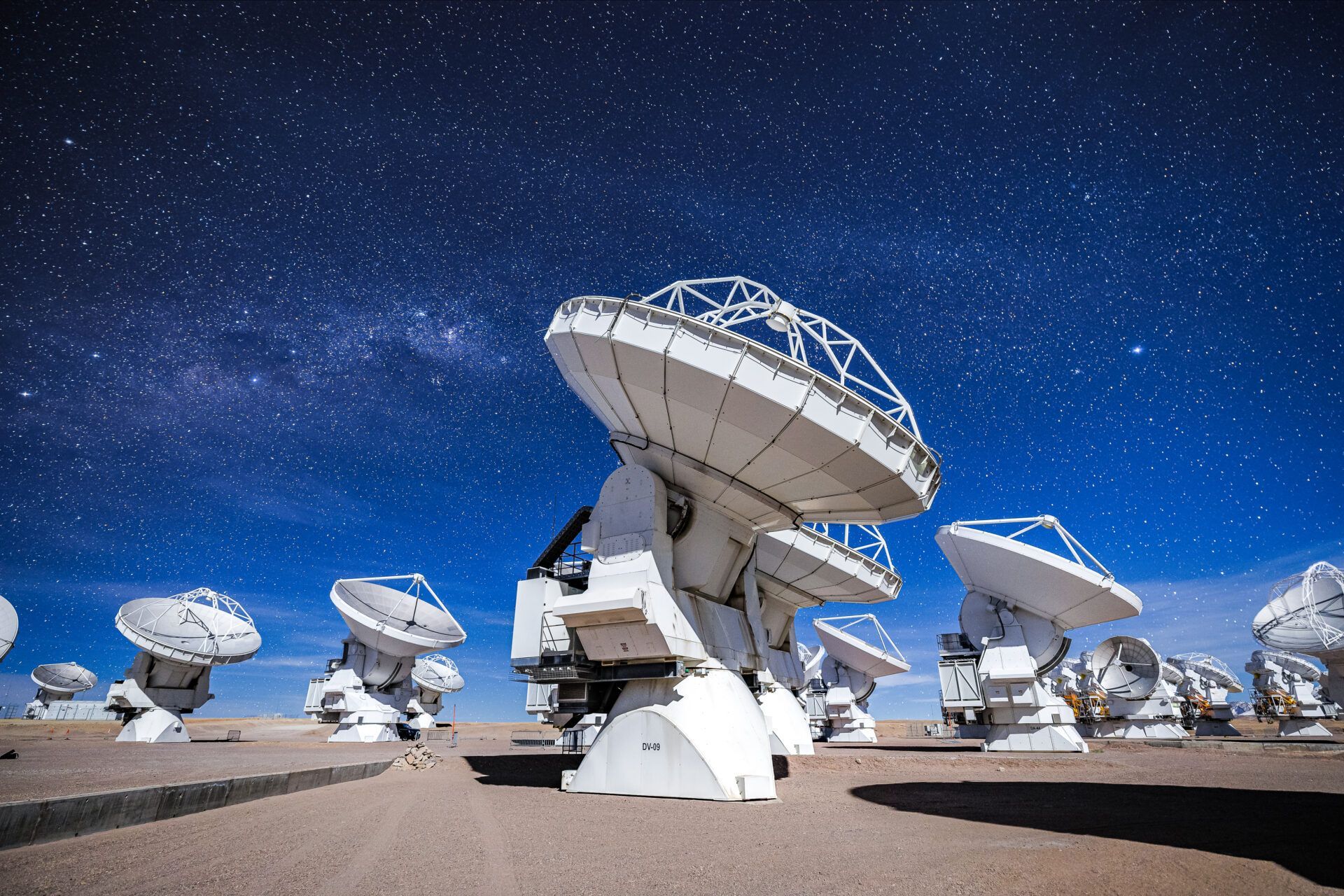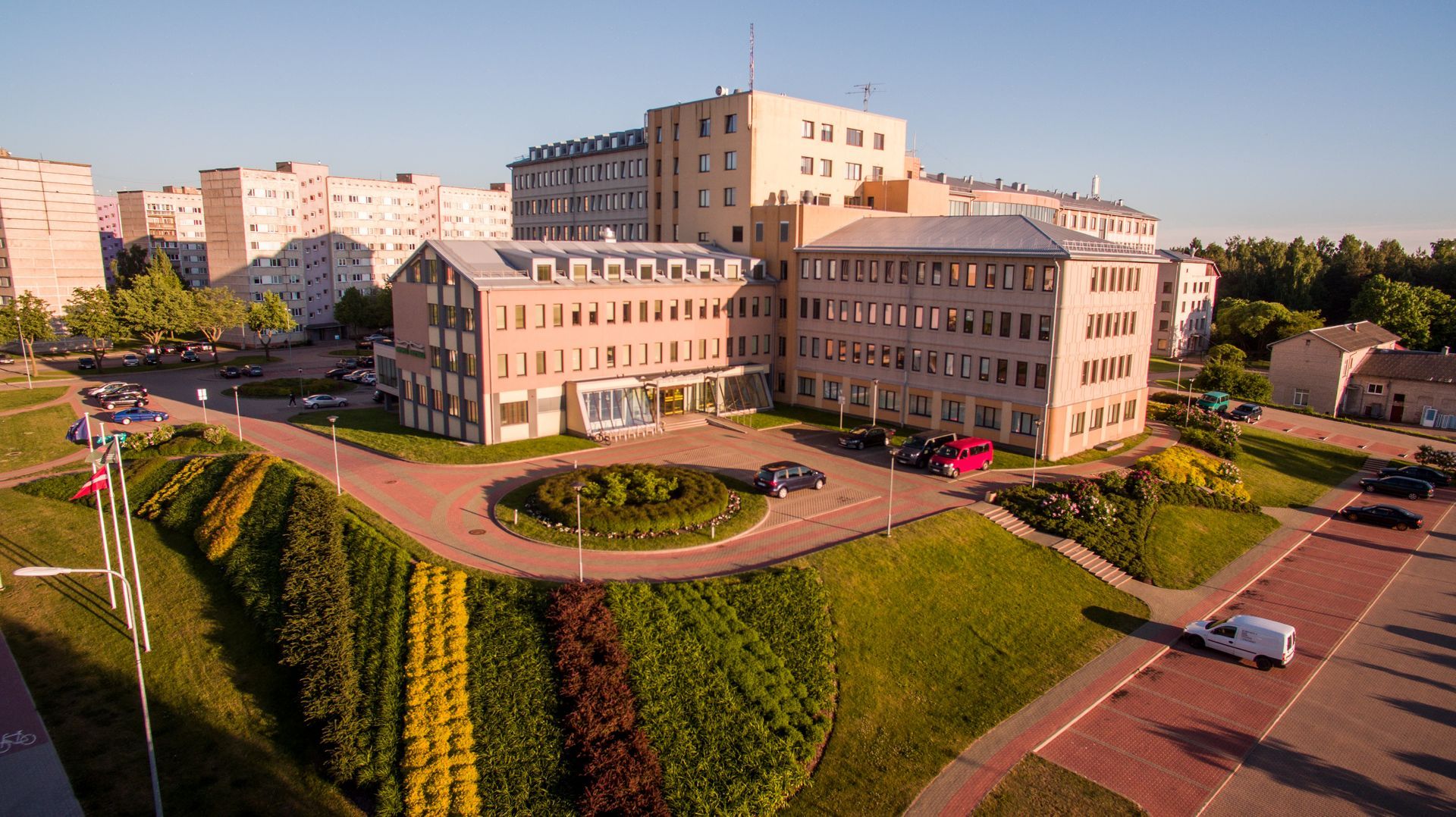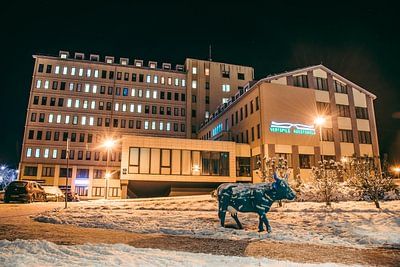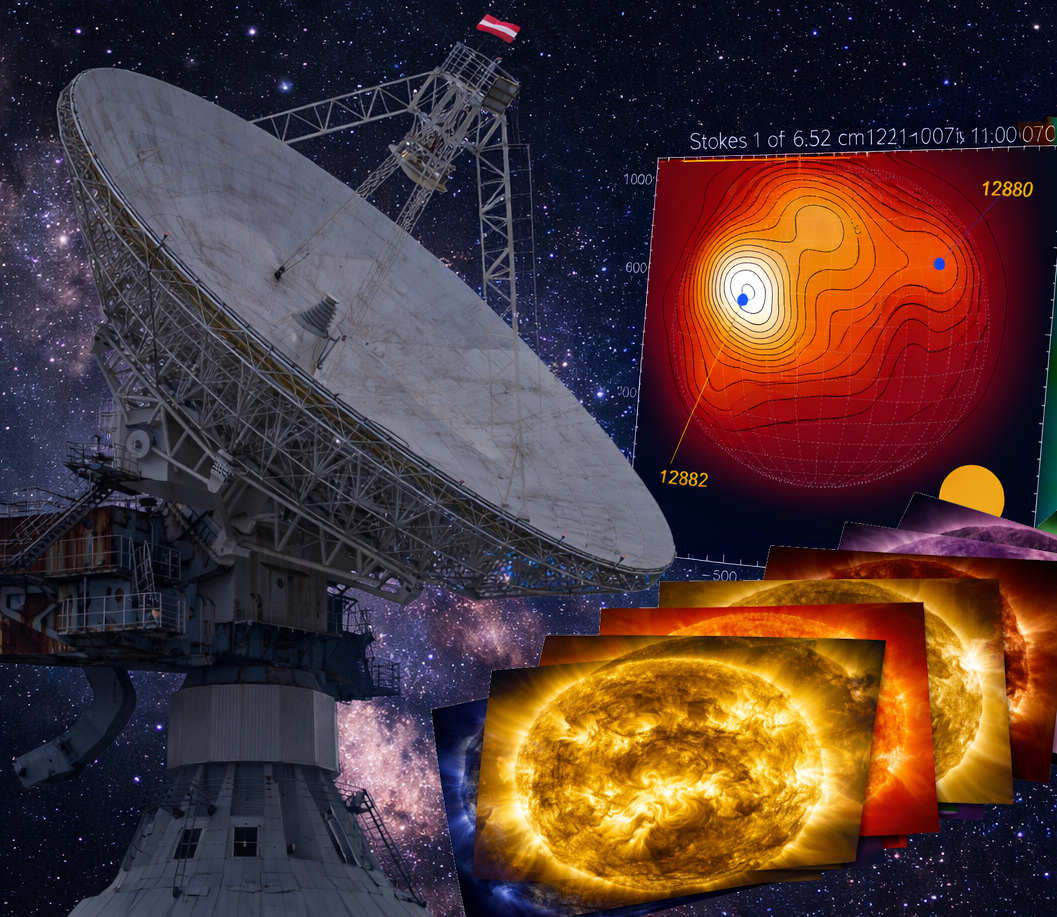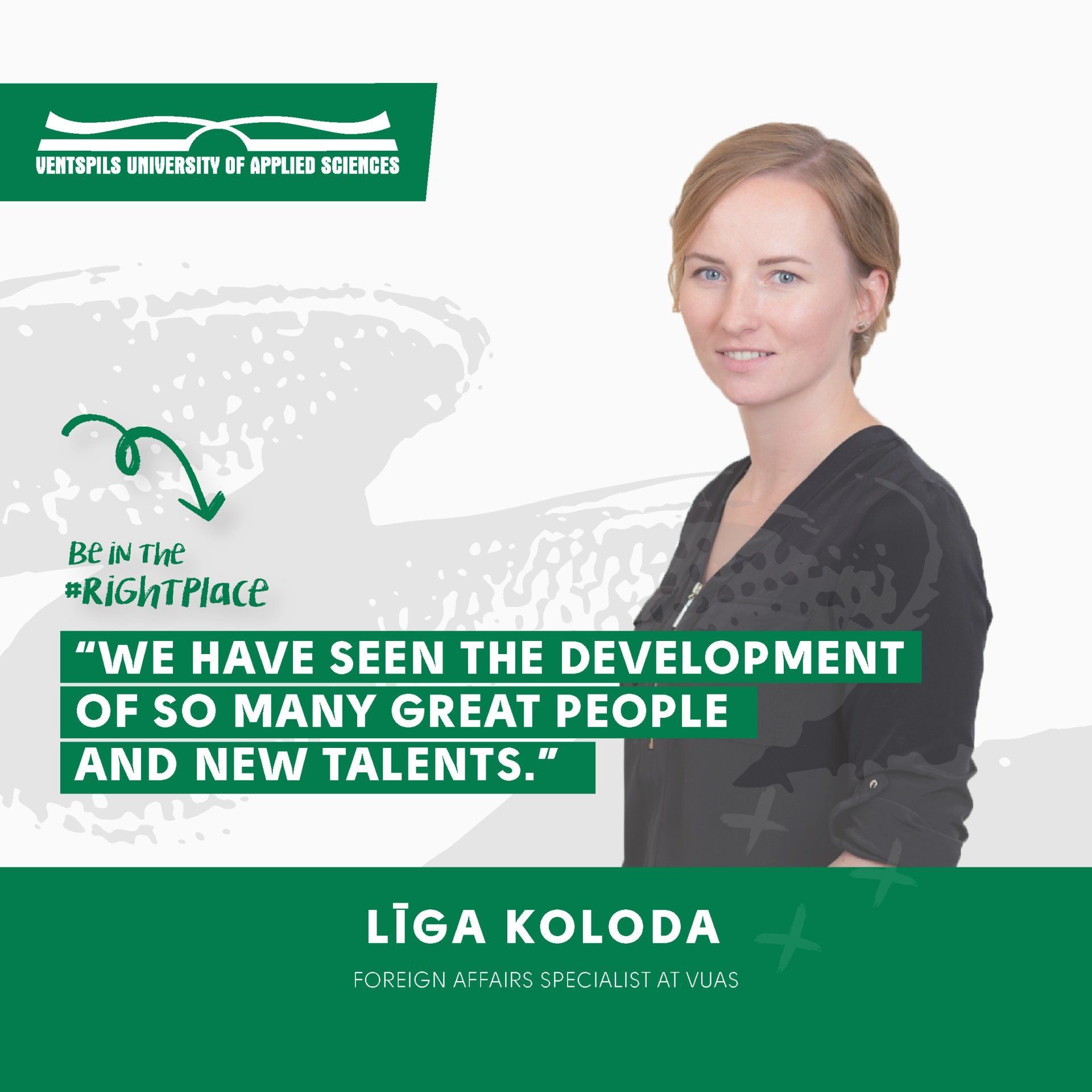One of us - Līga Koloda
Līga Koloda is one of us! Life can take you from a peaceful living in the countryside to an enriching semester in Greece and even land you a job at the #RightPlace. Līga is our Foreign Affairs Specialist, and you can read more about her career and role at VUAS here.
Please tell us about yourself.
A girl who grew up in a country side and never thought I would do what I am doing now. I was one of those students who was at the back of the class and hoped my opinion will not be asked. However, after my Erasmus semester in Greece, I changed a lot. I started as an intern at the international office, luckily, my job was appreciated and I was “promoted” to assistant and after a year, when my former manager followed her heart to Turkey, I was promoted to Foreign Affairs Specialist. I like to think that I was in the right place at the right time.
How would you describe yourself?
Open minded person who tries her best and highly values work ethics and mutual respect. I try to create a team atmosphere at the International Office and try to encourage to talk about problems if there are any. I believe the best results can be achieved if we all work together and have clear goals. Work environment is very important to me, I want people I can trust and rely on around me and I try to be the same.
Tell us about your work experience?
This job has a lot of surprises and challenges because so many things do not depend on us. I think every year is like a new experience – different students and partners, changing legislation and global economy and trends, and of course 2020 with Covid-19, which changed all our plans and work in general. There have been many ups and downs. But the best feeling is when students are satisfied with the work we do and succeed in the future.
What do Foreign Affairs mean to you?
It is about bringing strangers together, cooperation, friendship and growth. I believe we all have so much to learn and gain from each other. Developing and strengthening cooperation with foreign partners can be mutually beneficial if it is cherished. The same as developing our infrastructure and offer to international students.
What do you like the most about working in this industry?
Meeting different people and seeing how students grow during their studies. At the international office we have the opportunity to see students during all their study stages – starting from application process, during studies, living in Latvia and sometimes even after their studies. We have seen development of so many great people and new talents.
I am also very thankful for friends-colleagues at VUAS and other universities I can always rely on and they never reject an advice in difficult situations.
Please describe the most memorable foreign business trip?
Probably my first business trip without anyone else from Ventspils University (and my second business trip ever). It was a 2-week road show in India. First- the culture shock. I did not have a lot of experience in international relations or even representing the University. But I knew I can always rely on more experienced colleagues who were also on this trip. Second- I met so many great people not only from other Latvian Universities (yes, sometimes we meet more while we are abroad than in Latvia) but also from India. It was so much fun, great company and new impressions about the country and culture that is completely different from Latvian.
My biggest challenge there was food. I do not eat spicy food and even if I ordered non-spicy, it was still very spicy. Now, every time when a Latvian says he loves spicy food, my first question is - Latvian spicy or real spicy. I would be lying if I said it was only about fun and enjoying the process. It was also very hard to travel and to attend new fair or event every or every other day.
And I will never forget that I celebrated Latvian midsummer festival “Līgo” at the embassy of Latvia in Tashkent.
What are your hobbies?
I love taking photos and everything about photos. Even though I am very critical of myself and I have not found “my way”, this is something I love to do when inspiration visits me. I love photos because I believe it is how we can keep memories alive. Our lives are full of events and activities but photos help to remind about the small things that mattered at that specific moment and how it made us feel.
Do you often introduce in your lectures something that matches your personality? Please describe!
I try to use visual materials and examples when it is possible. For me it is easier to remember things if there are examples or visuals. I try to engage all students, so that everyone would speak out loud because sometimes they have amazing ideas but they just need a push to speak about them. I know how difficult it might be to speak up your mind because you have a lack of confidence or you don’t want to be wrong. Like I say – you can say anything as long as you can defend your opinion.
What would you like to wish for yourself and others in this not-so-easy time in the world?
Be open minded! Use Erasmus possibilities because it will allow you to gain more confidence. And take the best of this “interesting” time. This is our opportunity to improve our digital skills and there are so many online events available, including courses, seminars and conferences that were not available online before. Even though this time has set a lot of limitations to us, it also has opened many doors and provided opportunities.
And of course stay safe!
Share on other platforms
Other news


